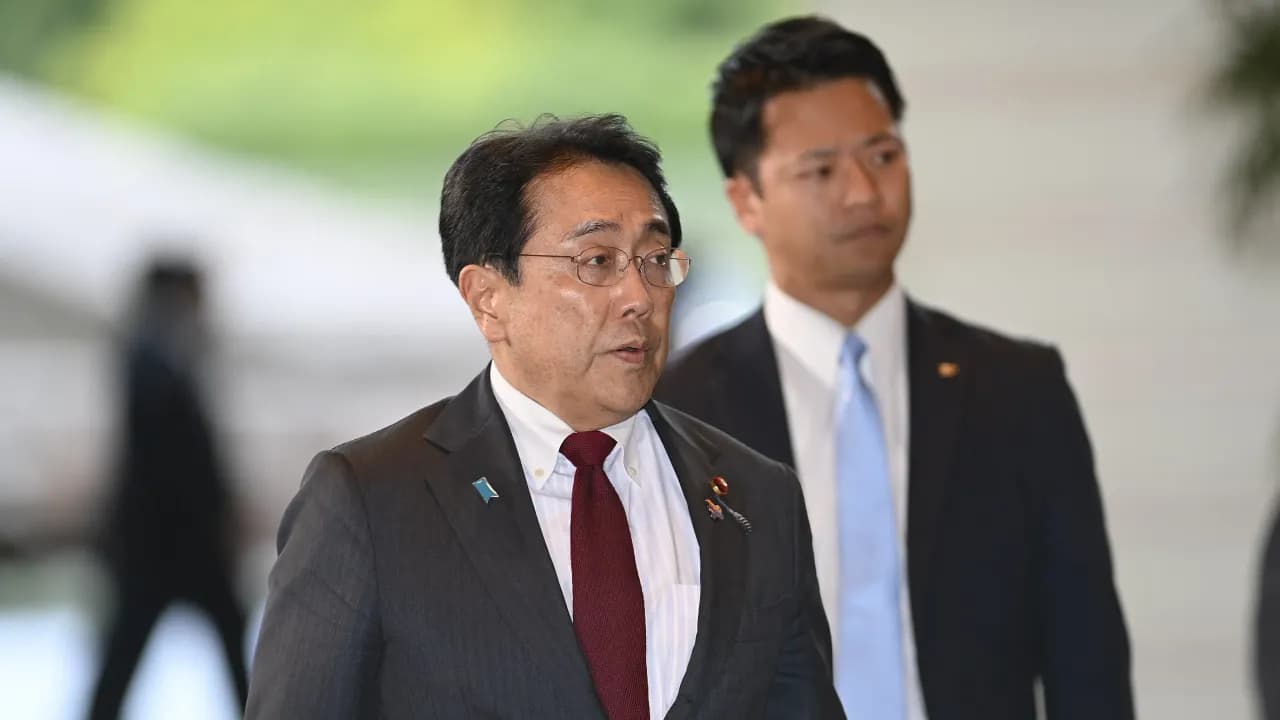The upcoming Washington trip marks Ryosei Akazawa’s first since the trade deal was reached, capping months of negotiations and growing economic pressure on Japan’s auto sector.
Japan’s top trade negotiator, Ryosei Akazawa, is heading to Washington on Tuesday to press the U.S. government to follow through on its pledge to reduce car tariffs, a central point of last month’s trade agreement between the two nations.
The trip comes ahead of Aug. 7, when new import tariffs, set at 15%, will take effect on most Japanese goods.
The hike, which replaces the previous 10% rate, was part of a broader deal that helped Japan avoid a steeper 25% levy earlier threatened by U.S. President Donald Trump.
Akazawa’s visit will be his first since the deal was announced, following months of intense negotiations. It marked his eighth trip to Washington since April, Bloomberg reported.
While the agreement avoided the worst-case scenario, the status of auto tariffs remains unresolved. Car imports from Japan currently face a total tariff burden of 27.5%, which includes a new 25% surcharge imposed this year on top of an existing 2.5% levy.
The automotive sector is Japan’s largest export category to the U.S., and any delay in tariff relief could weigh heavily on its economy, particularly in terms of employment and wage-setting.
Japanese Prime Minister Shigeru Ishiba has described the trade pact as a “win-win” for both countries, although he warned lawmakers on Monday that implementation could prove more challenging than negotiation.
Akazawa also acknowledged concerns over the lack of a formal written agreement, saying that having documentation would be helpful. He noted that similar accords with the EU and South Korea had also proceeded without official paperwork.
Meanwhile, Ishiba, under pressure after a weak showing in July’s upper house elections, vowed to ensure that auto tariffs are lowered as promised.
He also signaled openness to further economic stimulus, suggesting that the government could draft an extra budget in a special parliamentary session as early as September.
Economists expect the new stimulus package could reach 10 trillion yen ($68 billion), adding to Japan’s record 115.5 trillion yen budget. The country’s debt burden is already the highest among major economies, at around 250% of GDP.
Despite the fiscal strain, a weekend JNN poll showed Ishiba’s cabinet approval rating rose to 36.8%, up four points.
Support for his ruling Liberal Democratic Party, however, dipped slightly to 20.4%, while right-wing challenger Sanseito climbed to 10.2%, becoming the second-most popular party.
On Stocktwits, retail sentiment for the SPDR S&P 500 ETF Trust (SPY), Invesco QQQ Trust (QQQ), and iShares MSCI Japan ETF (EWJ) was ‘neutral.’ Message volume was rated ‘high’ for SPY and QQQ, and ‘normal’ for EWJ.
So far in 2025, EWJ has outperformed its U.S. counterparts, rising 12.4%. Meanwhile, QQQ is up 10.6%, and SPY has gained 8%.
For updates and corrections, email newsroom[at]stocktwits[dot]com.<
